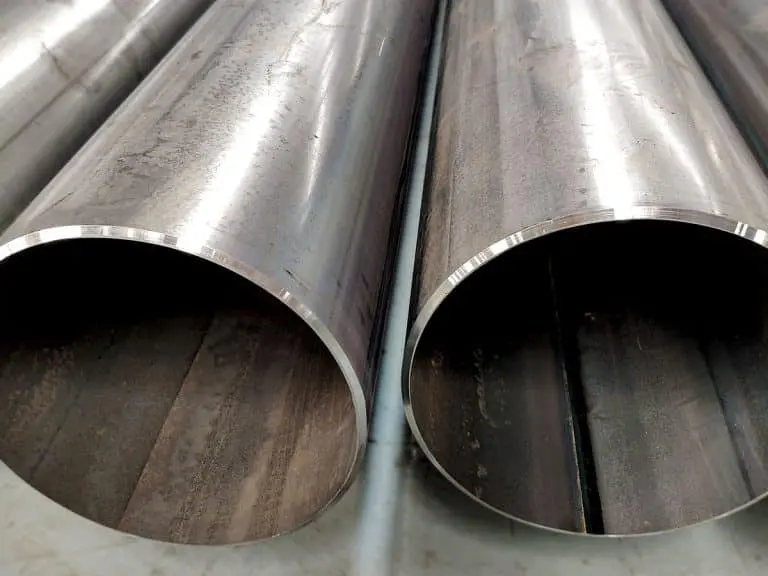AS NZS 1163 is the Australian/New Zealand Standard for Cold-formed structural steel hollow sections. This Standard specifies the requirements for the production and supply of cold-formed, electric resistance-welded, steel hollow sections used for structural purposes.
The standard AS NZS 1163 classifies steel pipes into several levels, and each level is distinguished according to its mechanical properties and chemical composition. These grades cover C250, C350, C450, etc., where values are used to indicate that the material meets or exceeds its minimum yield strength (expressed in megapascals).
AS NZS 1163 advanced manufacturing techniques are employed for forming and welding, guaranteeing precise shapes and robust weld integrity. This is fundamental to meeting the AS 1163 structural requirements outlined in the specifications.
AS NZS 1163 finished hollow profiles should be manufactured using a cold forming process and joined at the strip edges using resistance welding techniques. The welds should be longitudinal and the external liner should be removed. There should be no subsequent integral heat treatment of the AS NZS 1163 finished product.
AS NZS 1163 may necessitate heat treatment processes based on application and specifications. This enhances the mechanical properties of the steel, ensuring optimal performance under various conditions.

Prior to the tensile or impact test, the AS NZS 1163 specimens shall be heated to between 150°C and 200°C and aged for not less than 15 minutes.
If it is intended to reheat these grades above 620°C, the buyer should discuss the application and proposed reheating treatment with the manufacturer.
To enhance the corrosion resistance of the steel pipe and extend its service life, the surface treatment of the steel pipe is also clearly specified in the AS NZS 1163 standard. This may involve coating, plating, or other surface treatment in order to protect the steel pipe from the external environment.
AS NZS 1163, the production of steel pipes must be subject to a full range of quality checks, including but not limited to dimensional accuracy, testing of mechanical properties, analysis of chemical composition, quality of welded joints and surface conditions.
In addition, in order to ensure that there are no defects inside the product, it is necessary to carry out regular non-destructive testing, such as ultrasonic testing, X-ray or magnetic particle testing.












